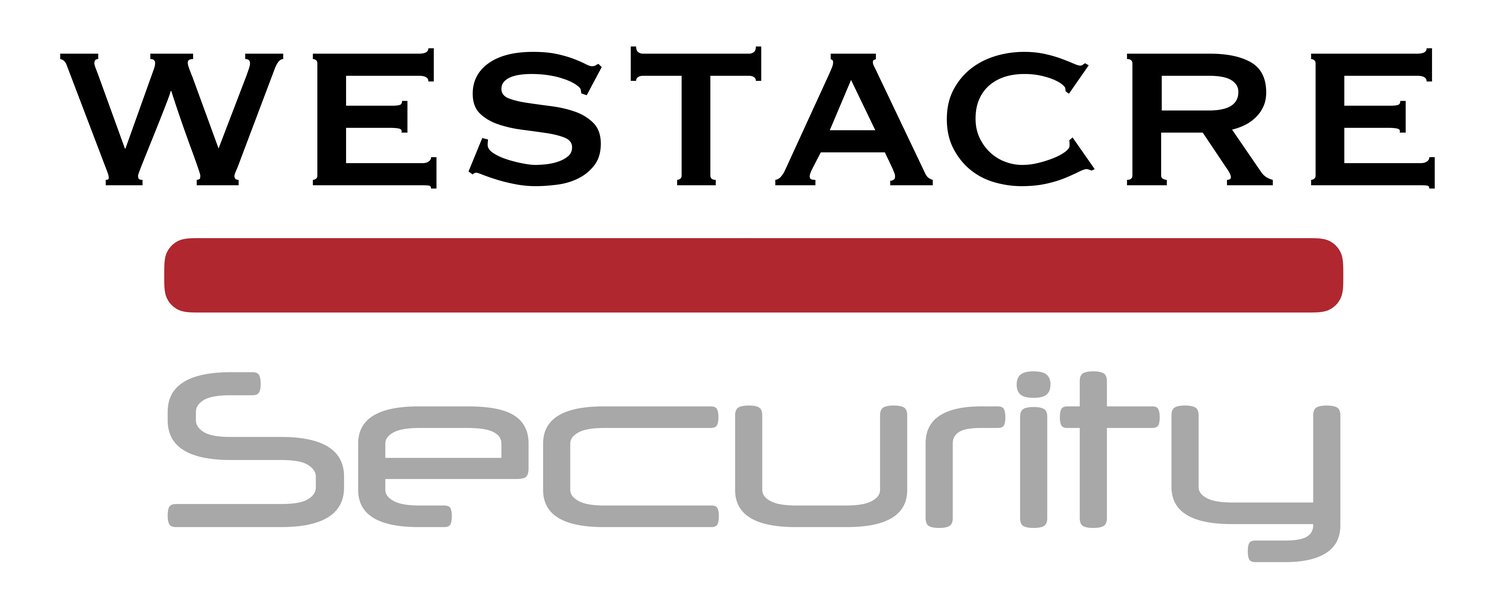Gas Attacks
/As the Residential Security Teams prepare for this summer's deployment to the South of France, we have again visited the gas attack issue as part of our pre-deployment training. Last summer our personnel, Operations Director and Commercial Director were dragged into the ongoing gas attack debate. The company stance on this issue is very clear - to date, we have no firm evidence that a gas attack against any of our clients has ever been planned or attempted. However, we continue to receive reports through our intelligence gathering sources that suspected gas attacks are occurring in the Côte d'Azur and therefore we continue to include this form of threat in our risk assessments.
Aside from the reports of gas attacks occurring (the latest report we received was of an attack during week commencing 13th June 2016 just outside of Nice), we have to look at the evidence on both sides of the argument in order to make our judgement and whilst there is even the smallest of possibilities that gas attacks are a threat to our clients, we must assume they are, and put measures in place to mitigate this threat. If gas is not being used in these high profile raids, then the question which remains to be answered is what is being used? and how are whole families sleeping through comprehensive raids and waking in the morning to find they've had the watches taken from their wrists without even stirring?
Following an interview with the BBC last year by one of our Directors, we were asked by local English speaking media to comment on the arguments against gas attacks - these were our responses to each point:
The Royal College of Anaesthetists had stated that they don't believe anaesthetic gas was being used because it would be difficult to get hold of the quantities required. RESPONSE: In the South of France, you can get hold of anything you want, in any quantity. With free movement and open borders, the shipment of black market goods from Eastern Europe is rife. The gangs operating in the high-value criminal world have huge budgets because the stakes are so high for them - they can buy anything they want, and routinely run up bills in excess of €100k on materials and equipment required to carry out their attacks.
A construction company and air conditioning engineers have rubbished the idea that the air conditioning systems could be used to introduce gas. RESPONSE: There is some confusion over the perceived modus operandi here. Air conditioning systems in large villas have different components inside and outside - the purpose of these components is irrelevant, but the fact is that accessing any part of an air conditioning system with give you access to an otherwise closed system, which once the system is shut down, allows you to introduce any gas you might want and force that gas around the closed system.
Several private security companies in the region have released statements claiming they have never even heard of suspected gas attacks. RESPONSE: These companies are clearly not engaged in high-net-worth residential security. Whatever your stance on the gas attack debate is, it is common knowledge amongst residential security teams who protect luxury villas and their families that gas attacks are frequently reported, so to deny any knowledge of the suspected reports indicates these companies are commenting on a matter which is not within their area of expertise.
The French Police and media haven't confirmed or denied gas attacks take place. RESPONSE: Very few crimes against high-net-worth individuals go reported, and those that do rarely make the media. The French authorities are not going to speculate on something as serious as this, so without clear evidence then they're unlikely to ever wade into this argument on either side.
In summary, until there is clear evidence that gas attacks are not taking place, until reports that gas attacks are happening cease, and until someone can explain how victims are sleeping through these raids, then we will assume that this threat is real and protect our clients accordingly.


